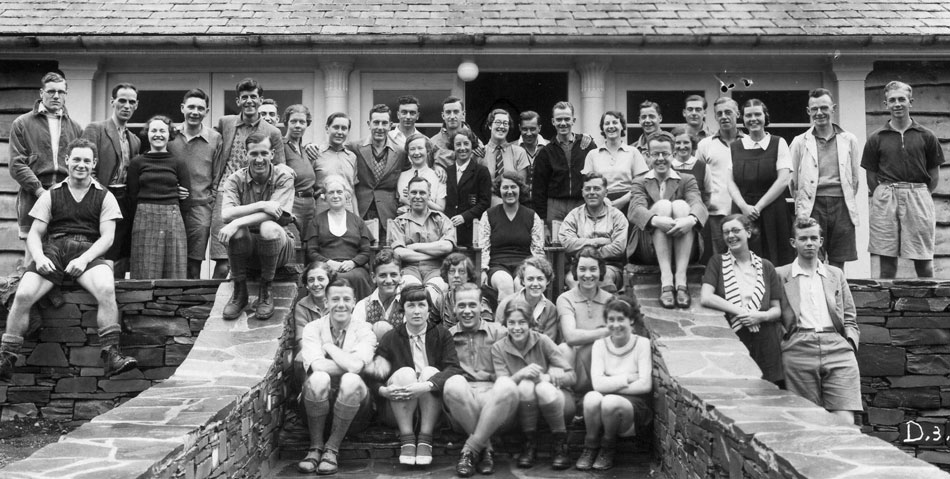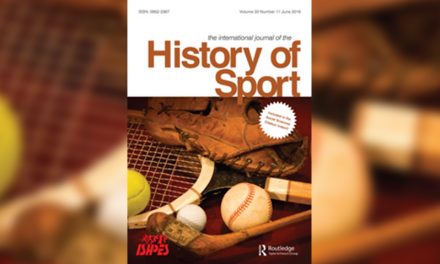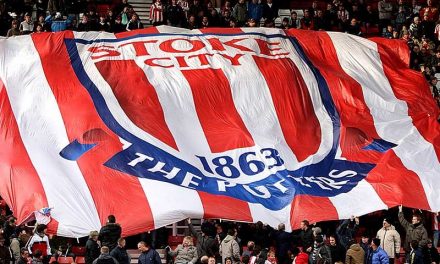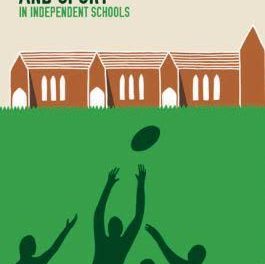Published in the Journal of Tourism History
Winner of the 2016 John K Walton Prize
Douglas Hope, Institute of Education, University of Cumbria, Lancaster, UK
ABSTRACT
Against the background of the changing perception of the English Lake District from literary landscape to national playground, this paper explores the role of the Co-operative Holidays Association (CHA) and the Holiday Fellowship in the democratisation of the English Lake District as a destination for outdoor holidays and sport tourism. The CHA and the Holiday Fellowship, founded in 1893 and 1913 respectively by Thomas Arthur Leonard, a Congregationalist minister from Colne, Lancashire, were established to provide ‘simple and strenuous recreative and educational holidays’, which offered ‘reasonably priced accommodation’ and promoted ‘friendship and fellowship amid the beauty of the natural world’. The CHA and Holiday Fellowship pioneered outdoor holidays for working people and this paper shows that their contribution to the increasing popularity of the English Lake District was in making the area more accessible to lower middle-class and working-class holiday-makers with a focus on healthy recreation and the quiet enjoyment of the countryside. In doing so, it analyses the changes and continuities in the role of the CHA and Holiday Fellowship in terms of the accommodation provided, the recreative and educational holidays pursued and their constituency.




